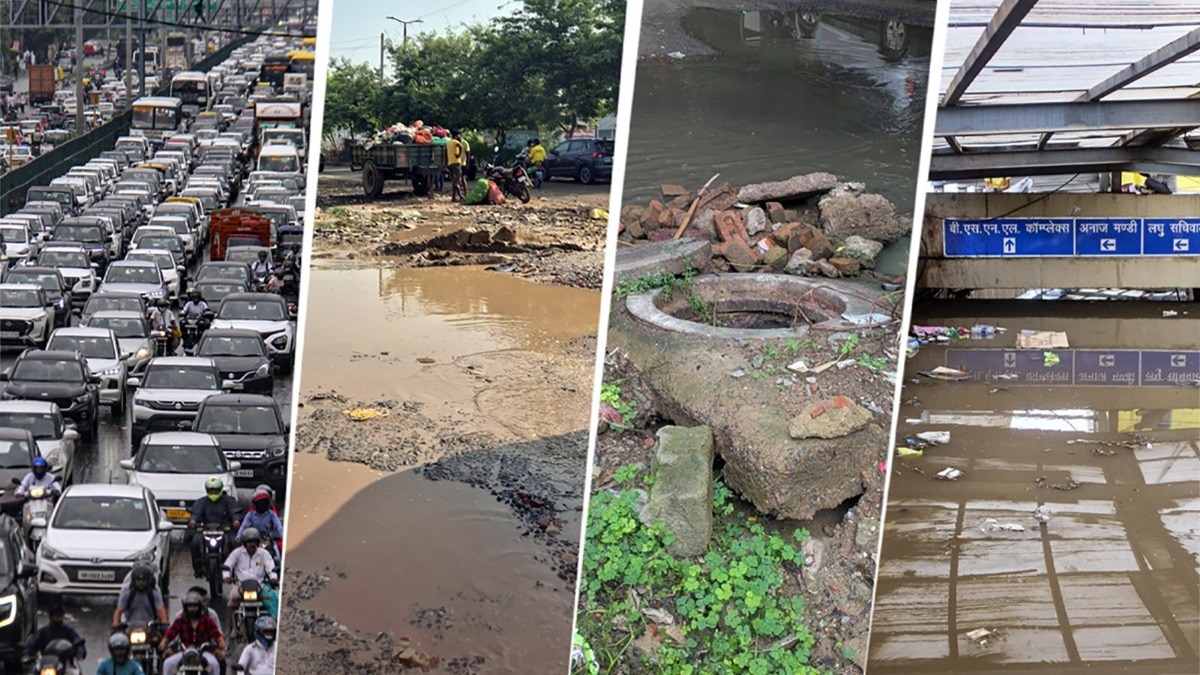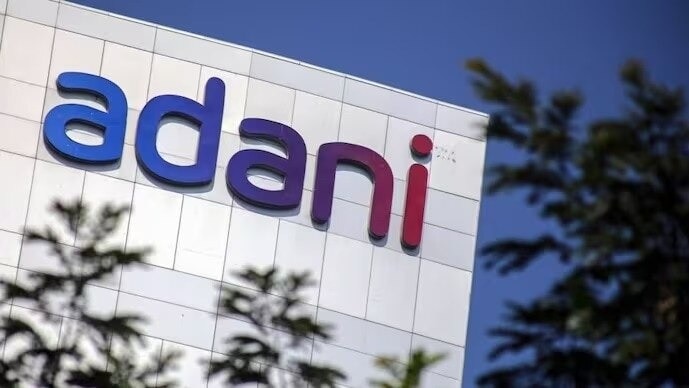Gurugram may house India’s wealthiest and biggest firms, but its infrastructure is “slumlike,” and the country’s civil engineering is “the worst,” says author and entrepreneur Suhel Seth in a blistering takedown of India’s urban planning and governance.
Speaking on an ANI podcast, Seth didn’t hold back. “We have the worst civil engineers in India. Absolutely. We’ve obliterated the use of technology in civil planning and infrastructure. We have no care,” he said.
Drawing a sharp contrast with China, Seth recalled a trip with British Airways’ advisory board to Beijing—years before the Olympics. “When we reached the airport, we saw 60% of it shuttered. I asked why. They said it was planned for 2040. In India, we still build using 1947 thinking,” he remarked.
Seth, known for his outspoken views, zeroed in on Gurugram—a city he claims epitomizes India’s infrastructure failures. “Some of India’s largest companies are headquartered there—Coca-Cola, EY, HeromotoCorp, Apollo, Max, Fortis. But the city lacks even basic infrastructure. It’s bizarre. The richest people live in slumlike environments.”
He slammed Gurugram’s origin myth, pointing out it wasn’t built by policy vision but by corporate spillover. “It didn’t grow because of Hindustan Lever. It grew because GE and Genpact came in first for back-office operations. The city boomed around that, not planning.”
This isn’t Seth’s first broadside against the NCR. In a recent post on X, he ridiculed the region’s chronic flooding: “The NCR is the only place on the planet that can boast of two Venices side by side. Gurugram and Delhi.” He also called Gurugram “a shame on this country” in a panel hosted by The Indian Express.
“Every year, without government help, we create a Venice for people to enjoy,” he said, pointing to flooded streets, garbage piles, and the bizarre statistic that liquor vends outnumber working traffic lights in the city. His solution: a “non-hostile takeover” to restore basic governance and accountability.
“We’ve become a country of suffering and sufferers,” Seth concluded, calling for forward-thinking leadership and urgent overhaul of how India builds and maintains its cities.







